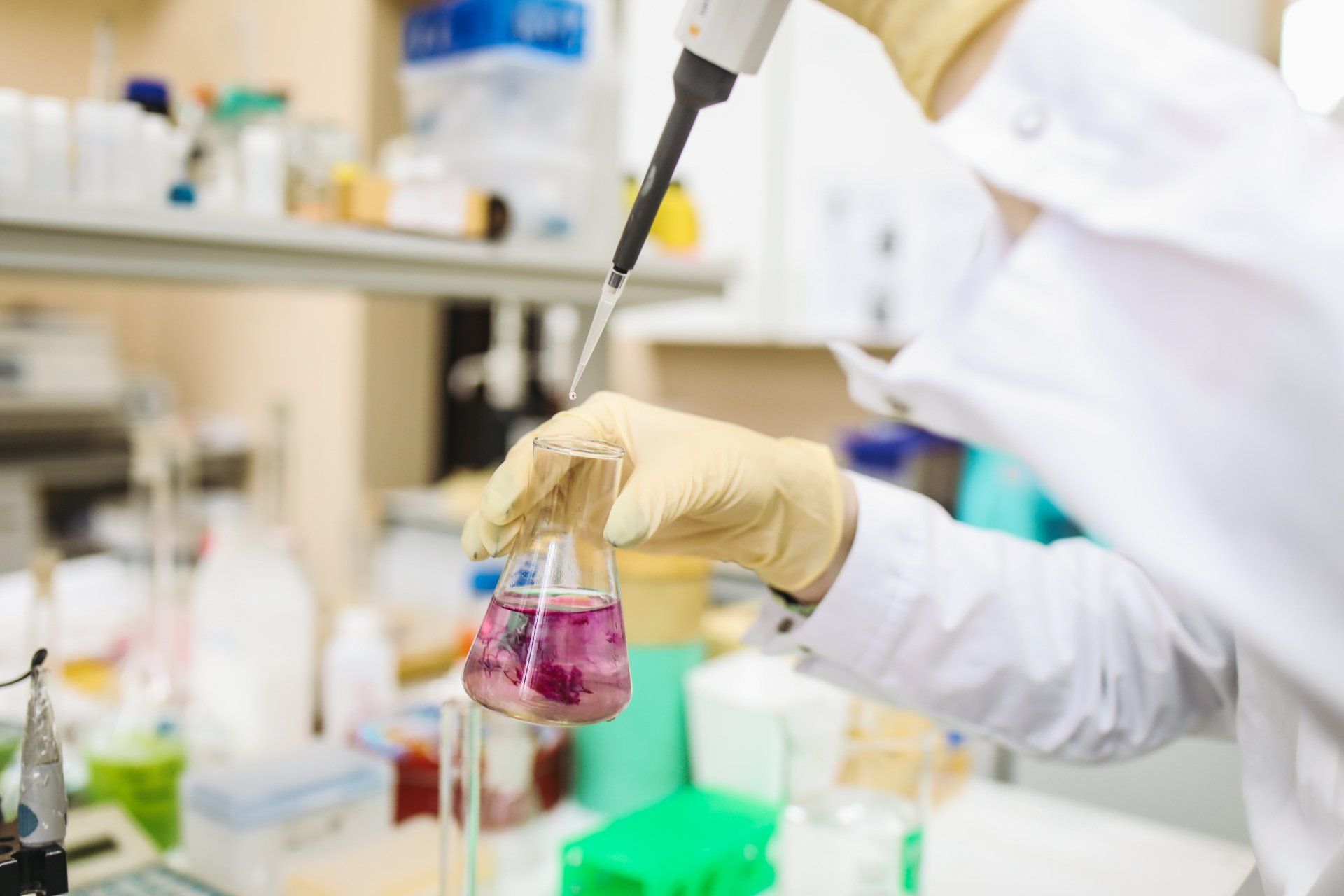Fractionation: The Key to Purifying Complex Mixtures

Introduction
Purification is an essential step in many chemical and biological processes, allowing us to isolate and obtain pure substances from complex mixtures. One widely used method for purification is fractionation, which separates components based on their physical properties, such as size, shape, density, and solubility. In this article, we will explore the principles and applications of fractionation, and how it can be used to purify a range of substances from crude oil to proteins.
What is fractionation?
Fractionation is a separation technique that involves separating a mixture into its individual components, or fractions, based on their physical properties. This can be achieved through various methods, such as distillation, chromatography, and filtration. The most common method is distillation, which separates substances based on their boiling points. Chromatography, on the other hand, separates substances based on their affinity to a stationary phase, such as a column or paper, while filtration separates particles based on size and shape.
How does fractionation work?
To understand how fractionation works, let's take a closer look at distillation as an example. Distillation involves heating a mixture to a temperature at which one or more of its components vaporize. The vaporized components are then cooled and condensed back into a liquid, which is collected in a separate container. This process can be repeated multiple times to purify the mixture.
For example, crude oil is a complex mixture of hydrocarbons, such as alkanes, alkenes, and aromatic compounds. To purify crude oil, it is heated and distilled under controlled conditions. Different fractions, such as gasoline, diesel, and kerosene, are collected at different boiling points. Similarly, water can be purified through distillation by heating it to its boiling point, which kills any bacteria or viruses present in the water.
Applications of fractionation
Fractionation has numerous applications in various industries, including the chemical, pharmaceutical, and food industry. Here are a few examples of how fractionation is used to purify different substances:
- Crude oil: As mentioned earlier, crude oil is a complex mixture of hydrocarbons that is purified through fractionation. The different fractions obtained from crude oil, such as gasoline, diesel, and kerosene, are used as fuels, solvents, and raw materials in the chemical industry.
- Proteins: Proteins are large, complex molecules that play important roles in the body. To study the function and structure of proteins, they need to be purified to a high degree. Fractionation techniques, such as chromatography, are used to purify proteins from complex mixtures.
- Alcohol: Alcohol is produced through the fermentation of sugars, such as corn, wheat, or grapes. To purify alcohol, it is distilled to remove impurities and increase its strength. Distilled alcohol, also known as spirits, is used in the production of beverages such as whiskey, vodka, and rum.
- Essential oils: Essential oils are concentrated, volatile liquids that are extracted from plants and are used in the perfume and food industry. Fractionation techniques, such as distillation and chromatography, are used to purify essential oils and obtain pure, high-quality oils.
Conclusion
Fractionation is an essential technique for purifying complex mixtures and isolating pure substances. It is widely used in various industries, including the chemical, pharmaceutical, and food industry. Whether it's crude oil, proteins, alcohol, or essential oils, fractionation allows us to obtain pure and high quality substances.




